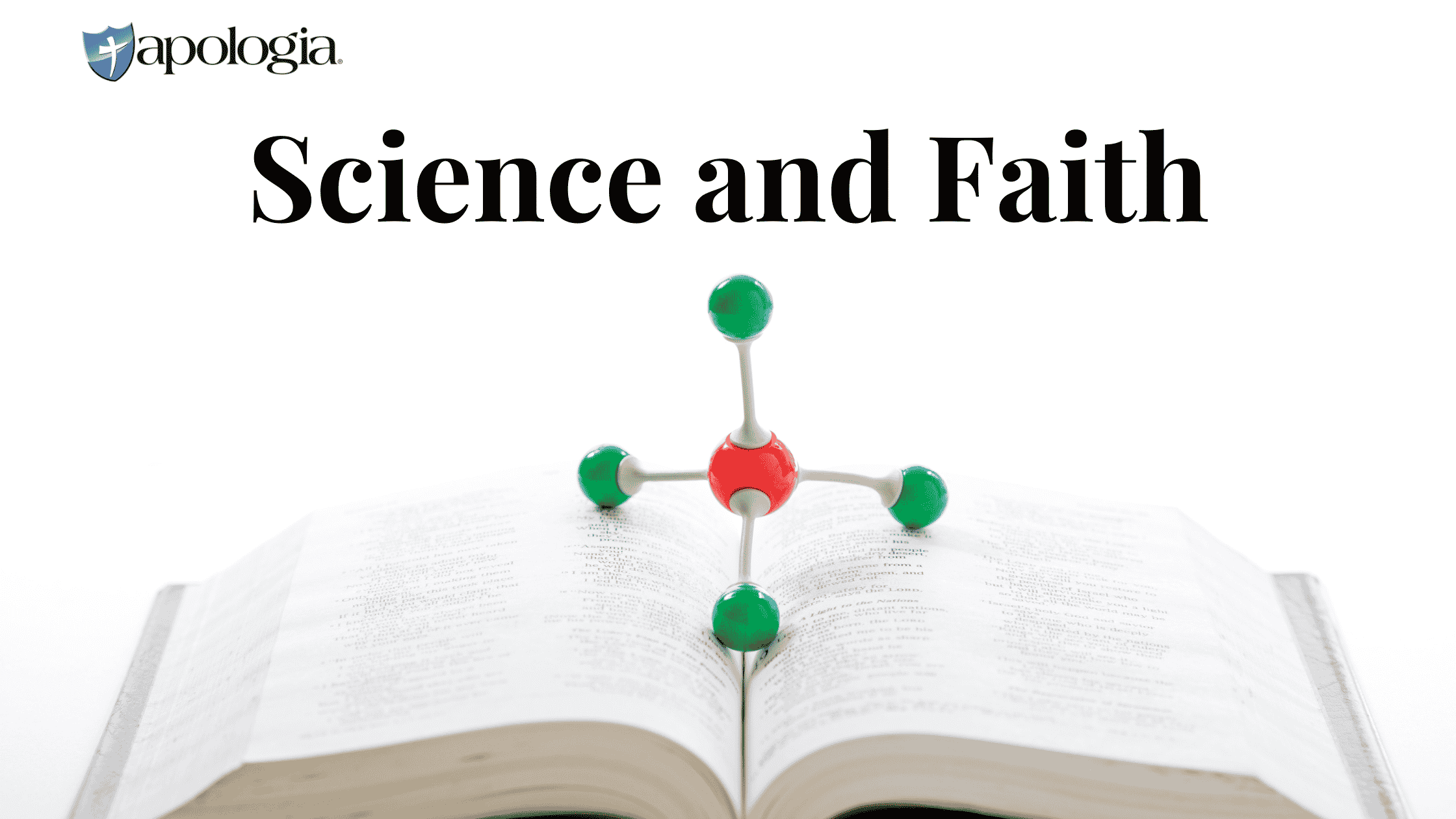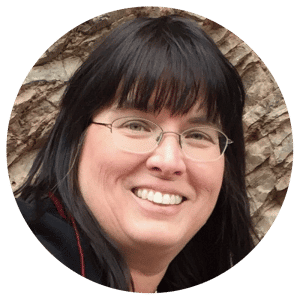
Science and Faith
We can glimpse God’s signature by using science to understand his Creation. It’s spring, and flowers are blooming in a rainbow of colors. What appeared to be cold, dead earth is coming to life, and landscapers are planting seeds and seedlings. Likewise, this is a good time to grab your kids and plant the seeds of true knowledge that will sprout and overpower the weeds of secularism.
Teach me your way, O Lord, and I will walk in your truth.
Psalm 86:11
Every day there is pressure from educational foundations and media outlets to make knowledge God-neutral. These days we hear that science answers the questions of how, while faith answers the philosophical questions of why. We are told that science and religion are mutually exclusive. At first glance, that might not seem so bad, especially since some commentators would like to do away with religion altogether. But there’s a flaw in the logic that produces these seemingly innocuous statements.
Science is a process of discovery and creation, but it is not creation itself. It’s discovering what we, as humans, do not yet know about the structure of life and a universe that already exists. Thus there is a true connection between science and Christianity. We need both in order to see the entire picture.
If we ask ourselves a few global questions, we can begin to see the connection between science and faith.
#1. What do all scientists have to believe to study science?
They have to believe that the universe is rationally intelligible. Science is methodical, and it follows very specific rules. If the universe and everything in it were randomly affected by chance happenings, science would not be possible.
He made the world to be lived in, not to be a place of empty chaos.
Isaiah 45:18
The constant numbers in creation—numbers that were discovered but not created by science—never change. We can know the constants for the speed of light, gravity, electron mass, proton mass, neutron mass, and gas because they are indeed intelligible and they’re the same throughout the universe.
Even the youngest children can grasp the structure visible in the world around them. For example, the sun always rises in the east and sets in the west. Seeds sprout and grow and ultimately produce more seeds. Tomato seeds give us tomatoes. Bean seeds give us beans.
The Lord by wisdom founded the earth, and established the heavens by understanding.
Proverbs 3:19
#2. Where do you have to be to do science?
To study science you must exist in a finely tuned universe. You have to live on a terrestrial planet that supports complex life forms. Your planet needs to exist in the habitable zone of a solar system (sometimes called the Goldilocks’ Zone), your solar system has to exist in a galactic habitable zone, and you have to exist in a cosmic habitable age. In other words, right where you are is the perfect place for learning science!
The heavens declare the glory of God; the skies proclaim the work of his hands. Psalm 19:1, NIV
#3. Does scientific knowledge point us toward a “Mother Nature” of chance or God, our Creator?
Because nature is universally accessible to everyone, no matter where they live, anyone can seek to answer this question. And because nature exists within the boundaries of natural laws that we can discover, we can believe that the order points us to a Creator and not random chance.
For since the creation of the world God’s invisible qualities—his eternal power and divine nature—have been clearly seen, being understood from what has been made, so that people are without excuse.
Romans 1:20, NIV
Think about this fact: Science has found evidence of a created universe, implying a moment of absolute beginning. Before the absolute beginning of physical reality, nothing existed.
What can nothing do? Nothing can only do nothing! When physical reality equals nothing, then physical reality can do nothing. It cannot make itself from nothing into something. Therefore, something else had to make something out of nothing. That something else had to exist outside the created universe. That something else was not “Mother Nature” but, rather, God our Creator.
We can glimpse God’s signature
For who has known the mind of the lord, or who has been His counselor?
Romans 11:34
by using science to understand his Creation
O Lord, how great are your works! How deep are your designs!
Psalm 92
to discover the Truth.
For by him all things were created.
Colossians 1:16
If you enjoyed this article by Rachael Yunis, check out Called to See Creation.


